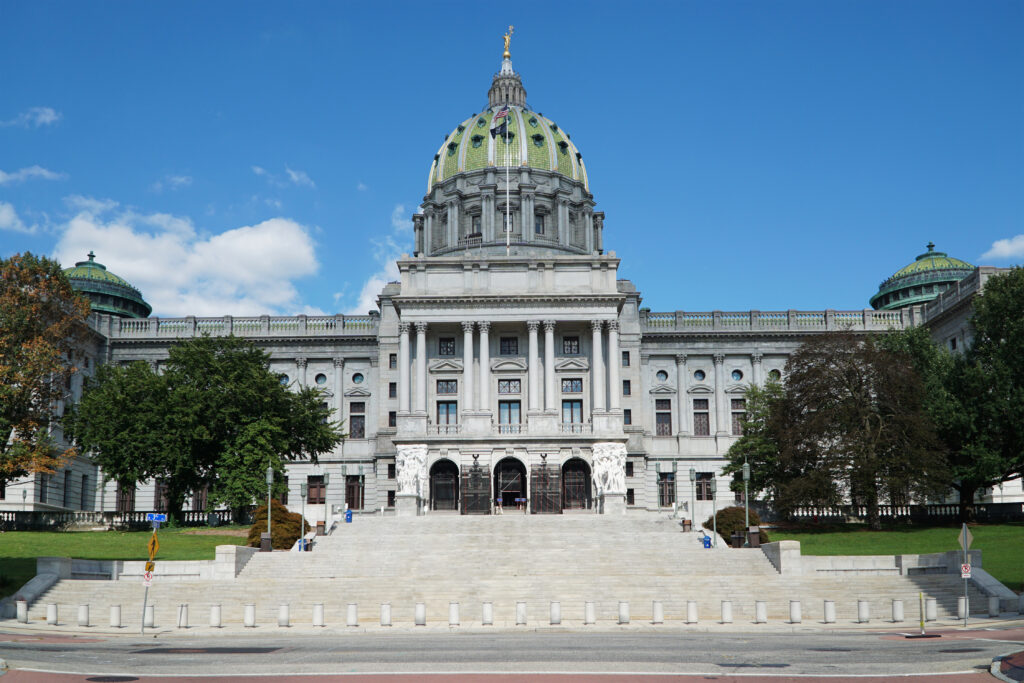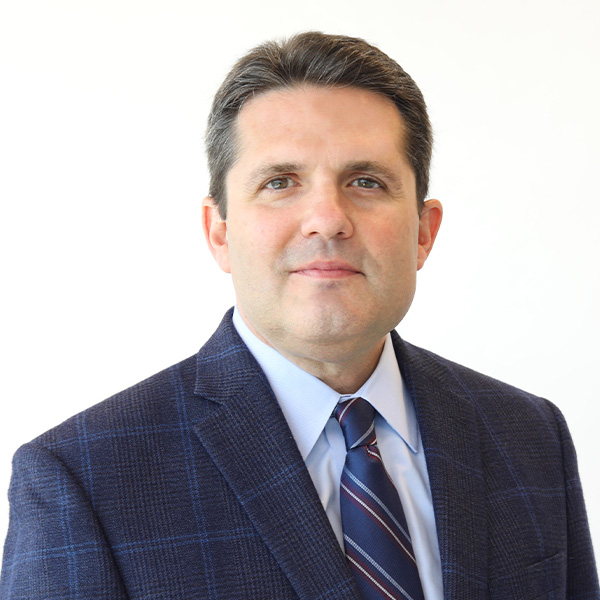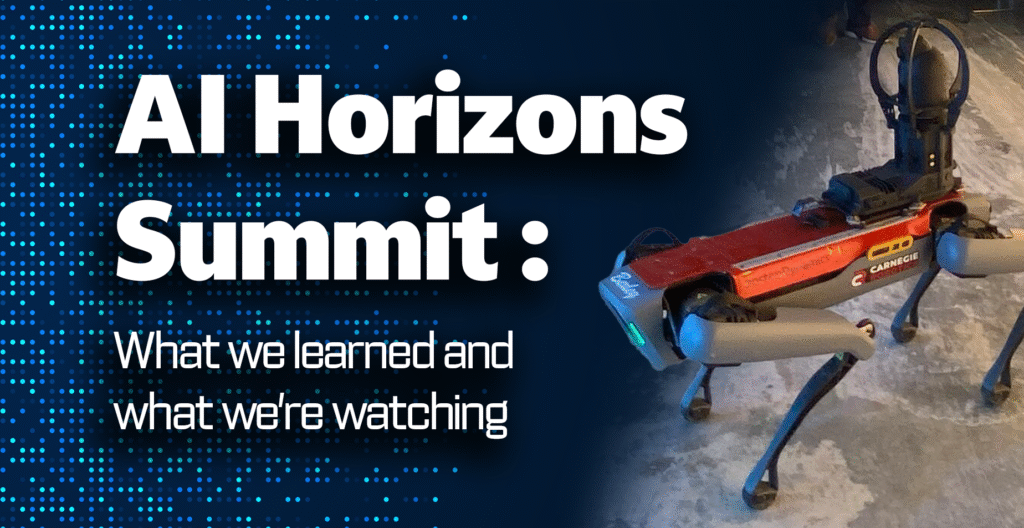Amid battles over redistricting and election reform, there’s not much time for actual legislating in Harrisburg

You can’t govern if you don’t win. And right now, both parties in Pennsylvania are focused on winning — at least on paper.
Every 10 years, the U.S. Constitution requires a count of all people living in the United States. That decennial census provides the data needed to draw new maps that determine residents’ local representation in both chambers of the state General Assembly and the U.S. House of Representatives.
The five-member Legislative Reapportionment Commission is tasked with figuring out the new boundaries for the state’s 50 Senate seats and 203 House of Representatives seats.
But state lawmakers themselves decide the district borders for their congressional peers.
It’s a process that usually comes with political intrigue, which is why the Pennsylvania Supreme Court tossed the maps created in 2011 after the last census. Those maps gave Republicans 13 seats to Democrat’s five. After the court’s intervention in 2018, the delegation was split evenly with nine seats for each party.
But something’s about to give. Population changes will cost Pennsylvania one congressional seat in the 2022 election cycle, dropping it to 17. No matter how the maps are drawn, one party will have the edge over the other.
The potential for political antics is among the reasons more residents are engaged and focused on the process. The implication for control of Congress is another reason. But so is a real desire to change the system.
That includes how elections are administered. Both the House and Senate are advancing comprehensive election reform proposals (although the House measure has already been vetoed once), including constitutional amendments to require ID for both in-person and mail-in voting. More votes are planned this fall, although the number of days dedicated for voting are few.
Of course, these policy discussions have taken a back seat recently because of the hyper-partisan divides over GOP-led attempts to review the 2020 election and Senate Republicans’ attempts to subpoena voters’ personal information. Many of those efforts have been stalled by court actions.

More gridlock. More partisan bickering. In other words, business as usual in Pennsylvania.
One lawmaker even acknowledged that the “fall legislative session will be consumed by other priorities, most notably legislative redistricting,” making it hard to get anything done.
That doesn’t mean there hasn’t been some movement on issues – but how much depends on who you ask, as reported by both PennLive/The Patriot News (“Success or stalling? Pa. House leaders have differing views on start of fall legislative session,” Oct. 7) and Pennsylvania Capital-Star (“Pa. lawmakers have been busy. But did they get anything done? That depends,” Oct. 7).
It’s understandable. There are a lot of distractions.
Gov. Tom Wolf’s final spending plan is a few months away. The gubernatorial election to replace him features contested primaries, at least on the GOP side. The campaign for Pennsylvania’s open U.S. Senate seat holds national implications. Members of Congress have no idea where they’re running yet, because of redistricting, and neither do half of the state’s senators and every representative. But they’re running, and probably running wild.
It should be a good show if you like politics. But if you’re looking for good government and compromise, it might be best to look the other way.

Kurt Knaus is a Senior Vice President at Ceisler Media’s Harrisburg office.



